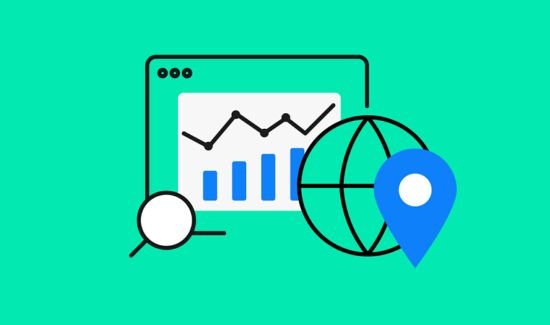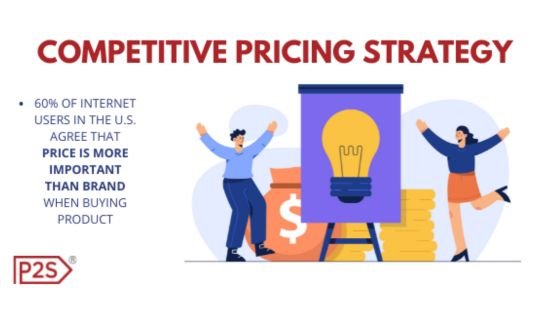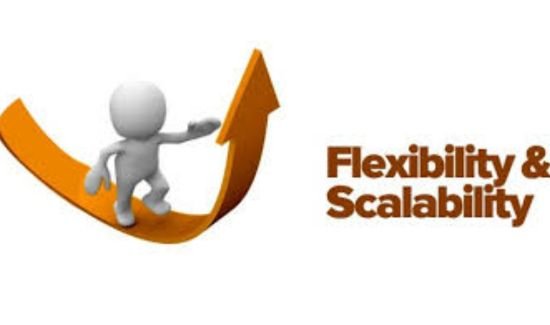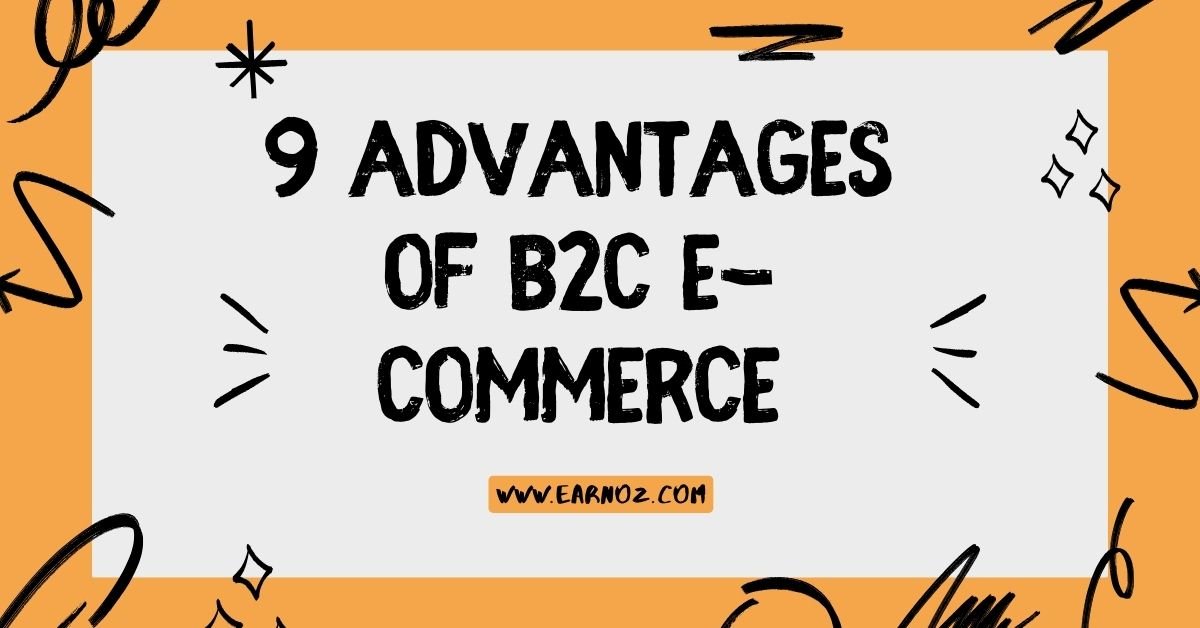Consumer purchasing behavior has changed significantly in the digital era. A noticeable transition occurs among small company owners, online merchants, and e-commerce entrepreneurs from traditional brick-and-mortar storefronts to online platforms. This change is driven by the numerous advantages of B2C e-commerce.
This blog will explore these benefits, providing insights on how online businesses can leverage B2C e-commerce to thrive in a competitive market.
What is B2C E-commerce?
Selling goods and services to customers directly online is known as business-to-consumer (B2C) e-commerce. B2C (business-to-consumer) e-commerce differs from B2B (business-to-business) e-commerce in that it concentrates on the final customer. Digital marketplaces and online retailers are also included in this approach.
The Growth and Importance of B2C E-commerce
It’s indisputable that B2C e-commerce is growing. Global e-commerce revenues are expected to hit $6.4 trillion by 2024, according to a Statista analysis. The proliferation of smartphones, rising internet penetration, and the ease of online buying are the main drivers of this expansion. B2C e-commerce is a critical way for online merchants and small company owners to access a huge and growing market.
Advantages of B2C E-commerce
Below are the 9 advantages of B2C e-commerce:

1 Convenient Shopping Experience
One of the primary advantages of B2C e-commerce is the convenience it offers to consumers. Online retailers are open 24 hours a day, seven days a week, allowing customers to shop when it is most convenient for them. Having open 24/7 is a big benefit over conventional establishments that have set hours of operation.
Online platforms also facilitate simple pricing and product comparison for customers. Without having to visit many physical locations, customers can explore a variety of alternatives, read reviews, and make well-informed judgments with just a few clicks. Several payment alternatives and a smooth shopping process increase convenience even further.

2 Global Market Reach
B2C e-commerce helps businesses access a global client base by removing geographical barriers. Online retailers may draw clients from all over the world, in contrast to conventional businesses that are only open to local consumers. This worldwide connection creates fresh avenues for corporate expansion into unexplored areas and growth.
This implies that small firms can grow and compete globally. Businesses may get over the restrictions of their physical location and reach a wide range of customers by utilizing online platforms, which will increase sales and brand recognition.

3 Lower Operational Costs
The decrease in operating expenses is one of B2C e-commerce’s key benefits. Having an online business reduces the need for physical stores, which have significant overhead costs for things like rent, utilities, and upkeep. Businesses can deploy resources more effectively because of this cost-saving feature.
It also reduces the requirement for a huge workforce. The need for manual labor is decreased when many functions, like inventory management and customer service, are handled by automated systems. This efficiency frees up funds and simplifies processes, enabling companies to concentrate on expansion and innovation.

4 Personalized Customer Experience
B2C e-commerce sites provide tailored purchasing experiences by utilizing cutting-edge technology like artificial intelligence and machine learning. These technologies may make customized product suggestions by evaluating user behavior and preferences. This improves consumer satisfaction and raises the possibility of repeat purchases.
Personalized homepages and focused advertising campaigns are examples of customizable shopping experiences that foster a feeling of community between the customer and the company. Because they feel heard and appreciated by the company, customers become more loyal as a result of this customization.

5 Access to Customer Data for Targeted Marketing
Customer data is one of the most important resources generated by B2C e-commerce. Online platforms gather and examine information on the preferences, buying history, and behavior of their users. To develop marketing strategies that appeal to particular audience segments, this knowledge is important.
Businesses may improve their marketing efforts and achieve improved engagement and conversion rates by utilizing this data. Targeted marketing guarantees that advertisements are seen by the appropriate people at the appropriate times while also increasing return on investment.

6 Enhanced Customer Service
Effective B2C e-commerce companies are known for their superior customer service. Chatbots and automated answers are employed by online platforms to swiftly address client inquiries. The entire client experience is improved by these AI-driven solutions, which offer prompt and precise responses.
Online resources offering a wealth of product details and user feedback are easily accessible, in addition to automatic replies. Based on thorough descriptions and consumer reviews, shoppers may make well-informed judgments. Moreover, efficient return and refund procedures enhance customer satisfaction and foster loyalty and confidence.

7 Competitive Pricing Strategies
Companies can use dynamic pricing models depending on competition and demand when using business-to-consumer e-commerce. Because of this flexibility, businesses may instantly modify their rates and stay competitive in the market. Furthermore, internet platforms make it easier to implement sales and discounts, drawing in budget-conscious customers.
Consumers’ access to price comparison tools encourages even more competitive pricing. Customers may quickly compare rates across various internet retailers, which motivates companies to provide the greatest deal to draw in and keep clients.

8 Flexibility and Scalability
B2C e-commerce offers unmatched flexibility and scalability due to its online format. Without the limitations of physical inventory, businesses may swiftly alter their product offers, add new goods, or delete obsolete ones. Because of their flexibility, businesses can effectively react to shifts in the market and customer preferences.
Scalability is yet another important benefit. Online retailers are not constrained by physical location, so they can accommodate fluctuating demand, including seasonal upswings and special events. Because of its scalability, businesses may develop and flourish without having to make large infrastructure expenditures.

9 Sustainability and Environmental Impact
Because it eliminates the need for physical locations, business-to-consumer e-commerce helps to reduce the carbon footprint associated with traditional retail, which in turn supports sustainability efforts. AI and data analytics provide efficient supply chain management, which further minimizes waste and maximizes resource use.
Online channels can offer a way to advertise environmentally friendly goods. Companies that value sustainability in their purchasing selections may attract a growing part of the consumer base by showcasing their environmentally conscientious products and processes.
Conclusion
In conclusion, there are several advantages of B2C e-commerce, including ease of use, increased reach internationally, financial savings, customized experiences, and more. To succeed in the digital economy, small company owners, online merchants, and e-commerce entrepreneurs must comprehend and make use of these advantages.
Companies that adopt e-commerce tactics and adjust to the online market will be in a strong position to prosper in a setting that is getting more and more competitive. Recall that ongoing innovation and a thorough comprehension of your client’s demands are essential for maintaining your competitive edge.
For those interested in exploring the advantages of B2C e-commerce further, we encourage you to take the next step and sign up for our free resources and webinars designed to help you excel in the digital marketplace. If you want to earn money by graphic designing then read this article: 10 Ways to Earn Money Online by Graphic Design. If you want to earn money by teaching the Quran online then read this article: The Ultimate Guide to Teach The Quran Online and Earn Money
FAQs
How can small businesses benefit from B2C e-commerce?
By using B2C e-commerce, small businesses may expand their reach globally and eliminate the need for physical shops. Lower operating expenses, customized marketing techniques, and significant client data for focused marketing campaigns are all advantages of the online approach.
What technologies are used in B2C e-commerce to enhance customer experience?
In B2C e-commerce, cutting-edge technologies like artificial intelligence (AI) and machine learning (ML) are employed to improve the consumer experience. These technologies allow chatbots to automate customer care, personalized product suggestions, and data analytics to deliver insights for more customized marketing efforts.
How does B2C e-commerce contribute to sustainability?
Because it eliminates the need for physical storefronts and reduces carbon emissions, business-to-consumer e-commerce plays a positive role in sustainability. Effective supply chain management maximizes resource use and waste. Online platforms may also encourage ecologically beneficial behaviors and products, which will appeal to customers who care about the environment.
What role does customer data play in B2C e-commerce?
In B2C e-commerce, customer data is essential since it offers insights into the behavior, preferences, and past purchases of customers. With the use of this data, companies may improve product offers, launch more focused marketing efforts, tailor shopping experiences, and increase client loyalty and pleasure.


1 thought on “The Game-Changing 9 Advantages of B2C E-Commerce”